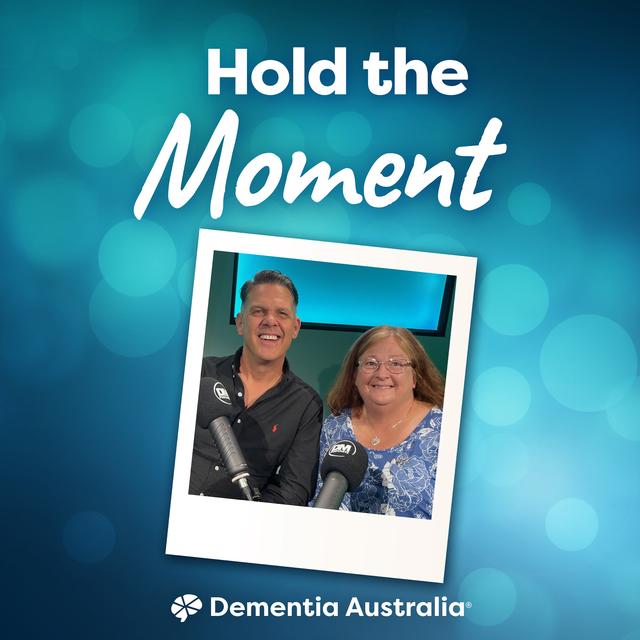- Planning for your future with dementia can be daunting, but after my diagnosis of younger-onset Alzheimer's, I wanted to make sure I have things in place and my loved ones are looked after, and my affairs are in order. I'm Jim Rogers, this is Hold the Moment, a podcast from Dementia Australia full of stories about life after diagnosis. Dementia Australia have some really great resources on their website around this. There's a webinar on future planning that you can sign up for.
We also have a whole podcast episode on this topic you can download right now. If you are in need of someone to talk to about it all, you can call the National Dementia Helpline. They're available 24-hours a day, every day of the year. You could speak to an advisor like Kristen. - It can feel really overwhelming when someone tells you to get your affairs in order, like what does that even include, and how am I supposed to have that all done right away?
The most important thing to know about getting your affairs in order is it's important for you to get across what you want, and who you want to be the one to help you with that. And it doesn't all have to be done today, you can break it down into pieces, and talk to people that you trust to help you do each of these steps along the way. It's always okay to bring a support person with you to any appointment or any questions that you've got.
There might be a point in the appointment where the person that you're talking to, such as a solicitor, wants to speak just to you to make sure that you are getting what you need from the appointment, and you are getting what you want. But that doesn't mean that you can't bring a loved one along with you to help make sure that your questions are answered, and to help prompt anything that you might want to ask but haven't remembered in the moment.
When you're preparing to go and meet with your solicitor, it can be helpful to think ahead of time the kinds of questions you might want to ask, and especially when you're starting to think about the future and the medical decisions, it could be helpful to talk to your GP to see what kinds of questions could be helpful to ask your solicitor, and you could write those down, and bring a list with you when you go. It's really up to you who you want to tell about these things.
There might be some really important people in your life that you feel it's important to involve in knowing about what's going to happen, and it might be tricky to start that conversation. You could call the helpline to have a chat about getting started in that conversation. Other times, you might feel like you don't want to let other people know about what your plans are, and that's why it's important to reach out to a solicitor and to get the legal piece of things completed.
It can be really tricky to start the conversation about how you want things to go for the end of your life. There's always a piece of grief involved in that, and it can feel like you're worried about making other people sad, maybe be a little sad yourself, and that might happen in the conversation, and that's okay. But it's also important that things go the way that you want them to.
And the way that that's best done is by being really clear about what you want, and the people who love you will appreciate how clear you've been, because then, they're going to be able to do what you want. If you're interested in learning more about the topic of future planning, and getting your arrangements in order, Dementia Australia has a webinar about that called Future Planning.
You can find the webinar on Dementia Australia's website, dementia.org.au - And if you've got any questions about anything you've heard on this episode, just contact the National Dementia Helpline on 1800 100 500. Their trained advisors are available 24-hours a day, every day of the year.

